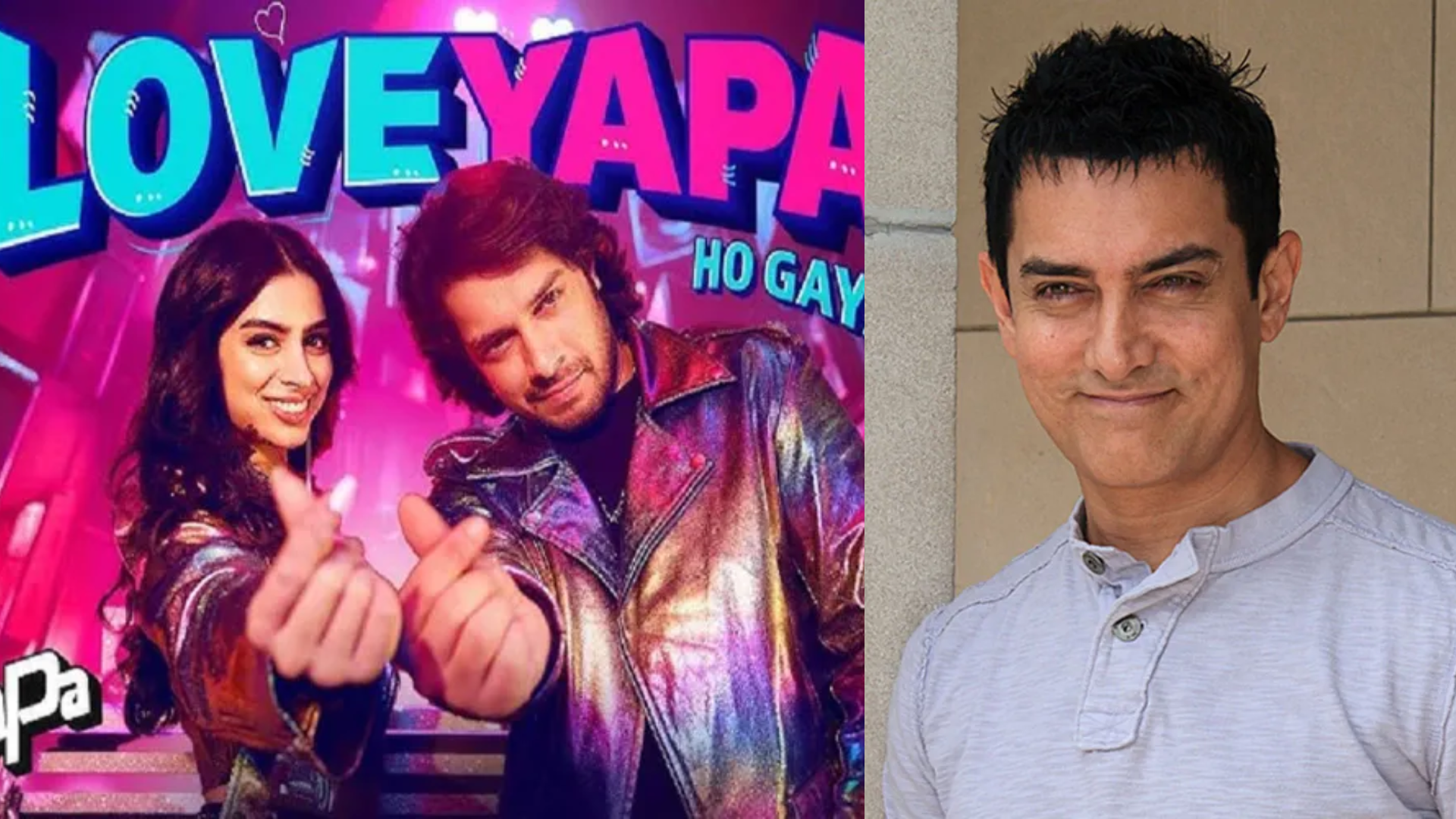Prime Minister Narendra Modi recently made strong remarks about India’s first Prime Minister, Pandit Jawaharlal Nehru, claiming that he treated the Constitution as something flexible, altering it as he saw fit. Modi further suggested that this approach was continued by Nehru’s daughter, Indira Gandhi, who, in his view, attempted to undermine the very fabric of the Indian Constitution during her tenure.
Modi’s Criticism of Nehru’s Constitutional Approach
In a pointed statement, Modi criticized Nehru for allegedly running his own version of the Constitution, suggesting that the first Prime Minister encouraged Chief Ministers to modify constitutional provisions whenever it suited their interests. According to Modi, Nehru’s actions set a dangerous precedent that undermined the sanctity of India’s foundational legal framework.
“Pandit Nehru, the first Prime Minister of independent India, was not elected through a democratic process. He tried to change the Constitution to suit his agenda,” Modi said. He further implied that this trend of constitutional manipulation carried over to the subsequent administrations, particularly under Indira Gandhi.
Indira Gandhi’s Legacy and Constitutional Concerns
Modi did not stop with Nehru. He also pointed fingers at Indira Gandhi, accusing her of following in her father’s footsteps by attempting to dismantle key legal principles that safeguard India’s democracy. “In 1971, Indira Gandhi, too, tried to alter the law of the land. She attempted to control the courts and subvert the Constitution, continuing the mistakes of her father,” said Modi.
This statement highlights a key historical moment—the Emergency of 1975-77—when Indira Gandhi suspended civil liberties and curtailed judicial independence. Modi’s remarks paint a picture of a continuous effort by the Congress-led governments to consolidate power at the expense of democratic values.
The controversy sparked by Modi’s comments goes beyond just a family feud in politics; it raises questions about the long-standing relationship between political power and constitutional integrity in India. By linking Nehru and Indira Gandhi’s legacies to the alleged erosion of constitutional norms, Modi paints them as figures who, in his view, disregarded the rule of law for political convenience.
Modi’s statements can be seen as part of his ongoing push to highlight the importance of constitutional integrity and judicial independence. By invoking the examples of Nehru and Indira Gandhi, he emphasizes the need for a government that respects the Constitution rather than manipulating it for political gain.
ALSO READ: Parliament Winter Session: LoP Rahul Gandhi Speaks With Samvidhan In Hand


















